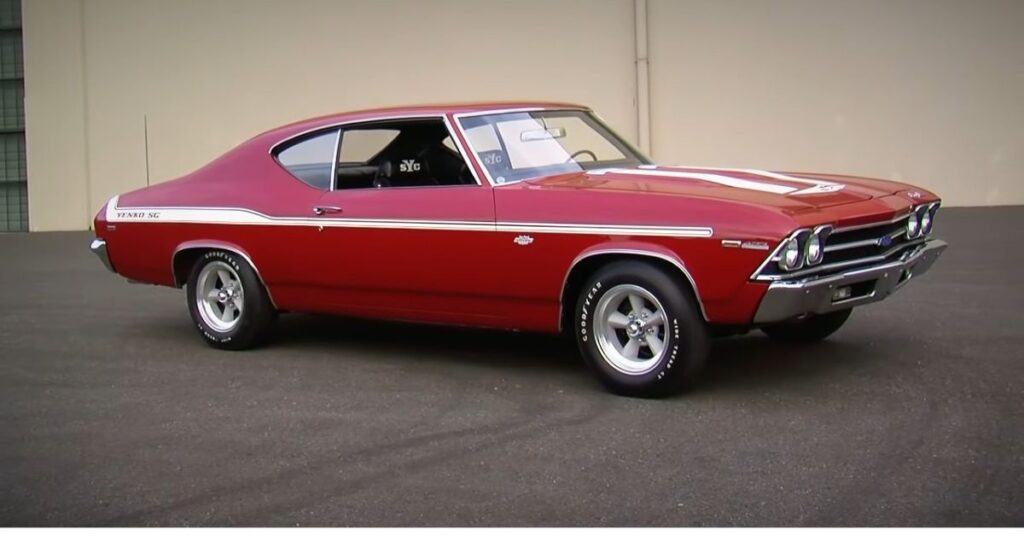Welcome to the fascinating world of the 1969 Chevelle Yenko 427, a legendary muscle car that continues to captivate enthusiasts and collectors alike. This article delves into the story behind this remarkable automobile, its design and features, the power-packed performance it delivers, its rarity and collectibility, as well as its lasting legacy in the realm of American muscle cars.
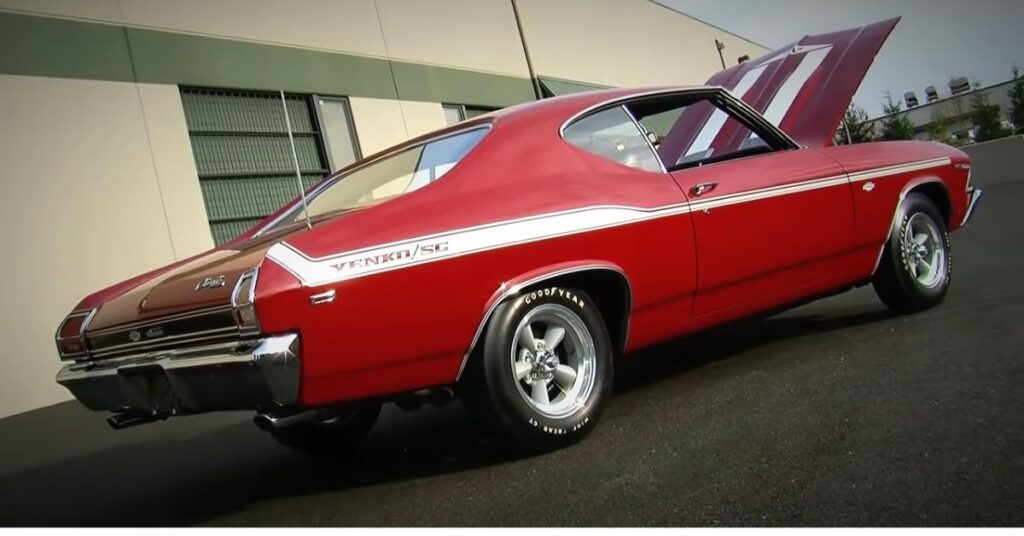
The Birth of the Yenko Chevelle
In the late 1960s, Chevrolet introduced the COPO (Central Office Production Order) program to cater to the growing demand for high-performance cars, particularly in the Superstock drag racing scene. The COPO Chevelle, a stripped-down version of the midsize sedan, boasted an impressive package that included the L72 427 engine with a solid lifter cam, 11:1 compression ratio, and 425 horsepower. This potent combination ensured the COPO Chevelle’s eligibility for the NHRA Superstock Drag Race class.
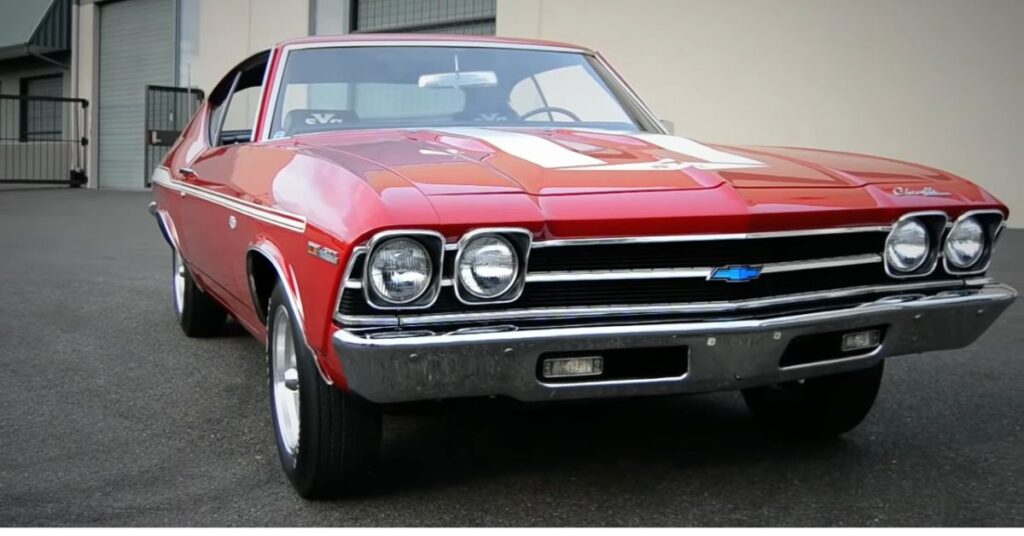
However, Don Yenko, the renowned Chevrolet dealer and mastermind behind Yenko-branded supercars, envisioned his own version of the COPO Chevelle. Building upon the success of his previous creations, such as the Yenko Stinger Corvairs and Yenko Camaros, Yenko recognized the potential of the Chevelle as a platform for his high-performance masterpiece. Thus, he acquired 99 COPO 427 Chevelles and transformed them into the extraordinary Yenko supercars we know today.
Design and Features
The Yenko Chevelle’s design is a blend of elegance and aggression. While retaining the muscular presence of the base Chevelle, the Yenko version features distinctive white Yenko stripes adorning its sides and striking hood graphics. The iconic Yenko logos on the headrests add a touch of exclusivity. Inside, the emphasis is on functionality and weight reduction, making it a true race machine. With its basic interior, lack of power steering, air conditioning, and power windows, the Yenko Chevelle is all business.
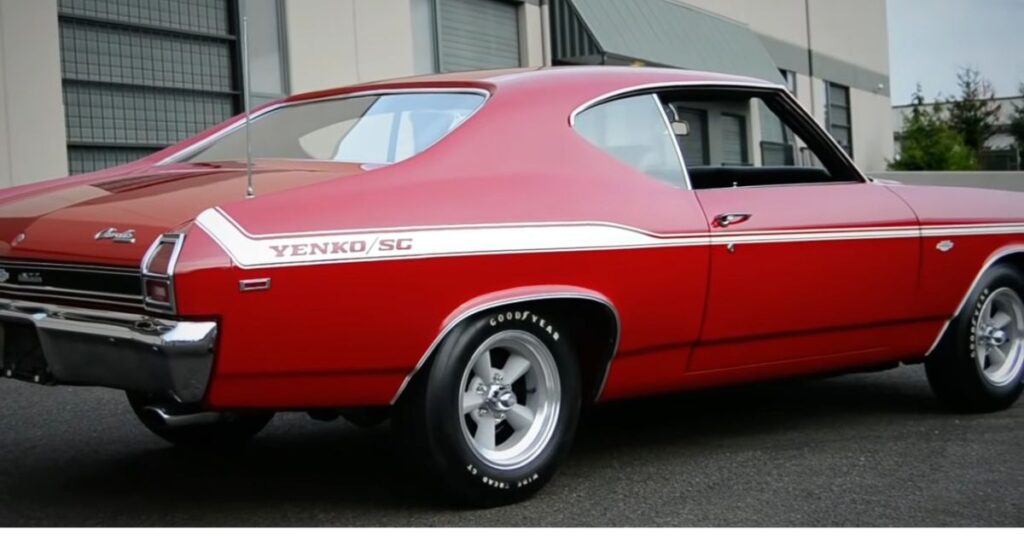
Underneath the surface, the Yenko Chevelle inherits various components from the COPO package. This includes the blacked-out Super Sport grille, a 12-volt rear axle with a 4.10 gear ratio, a blacked-out rear tail panel, and the Super Sport hood. However, the heart and soul of the 1969 Yenko Chevelle lies in its 427 cubic inch L72 V8 engine.
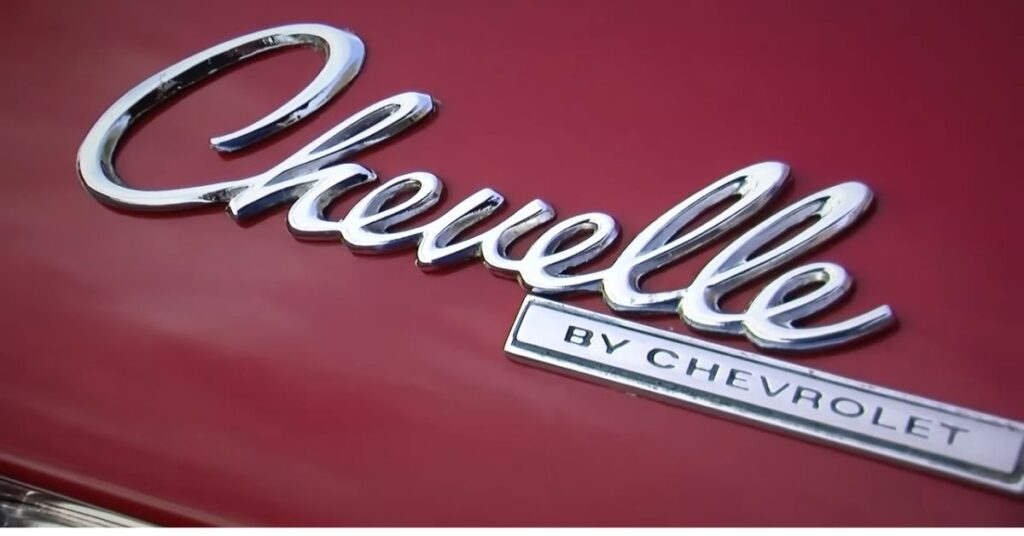
Performance and Powertrain
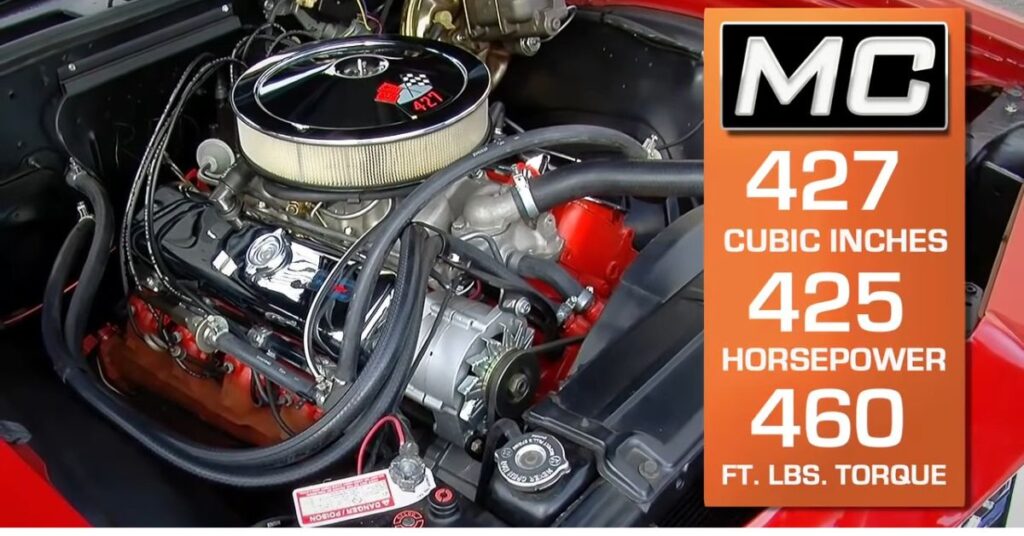
The L72 V8 engine is a beast that unleashes exhilarating power and performance. Based on the Corvette motor, the 4-bolt block engine boasts an 11:1 compression ratio, a solid lifter cam, and an aluminum intake manifold. Topped with a high-flowing Holley carburetor, the engine generates an advertised 425 horsepower. Some sources suggest that the power output could reach even higher levels, possibly around 450 horsepower, at higher RPMs.
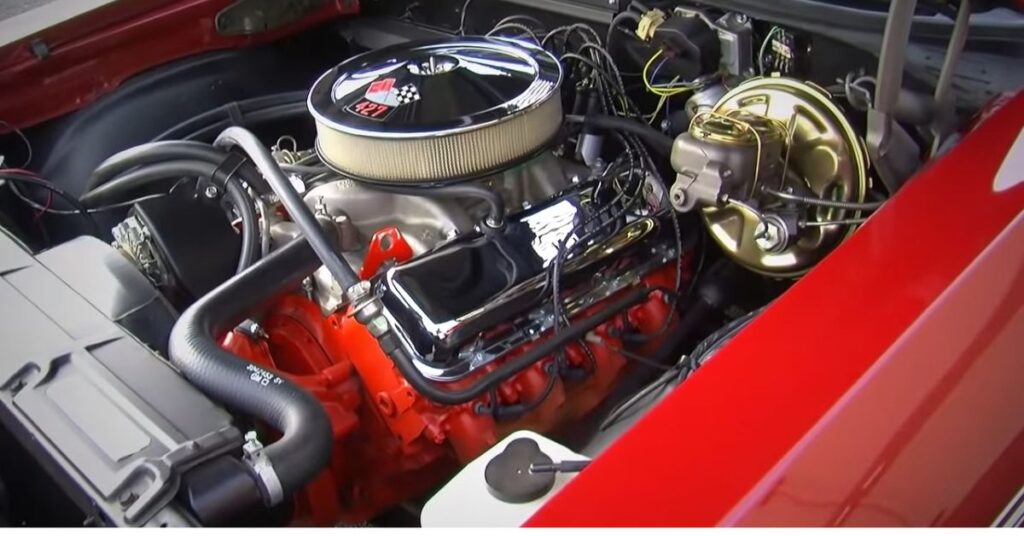
Comparing the Yenko Chevelle to the standard SS396 models, the 427 engine offers a significant power advantage. Although the 1970 Chevelle SS introduced a 454 engine with a higher horsepower rating, the Yenko Chevelle’s 427 remains an impressive powerhouse, delivering exceptional performance on the road and the track.
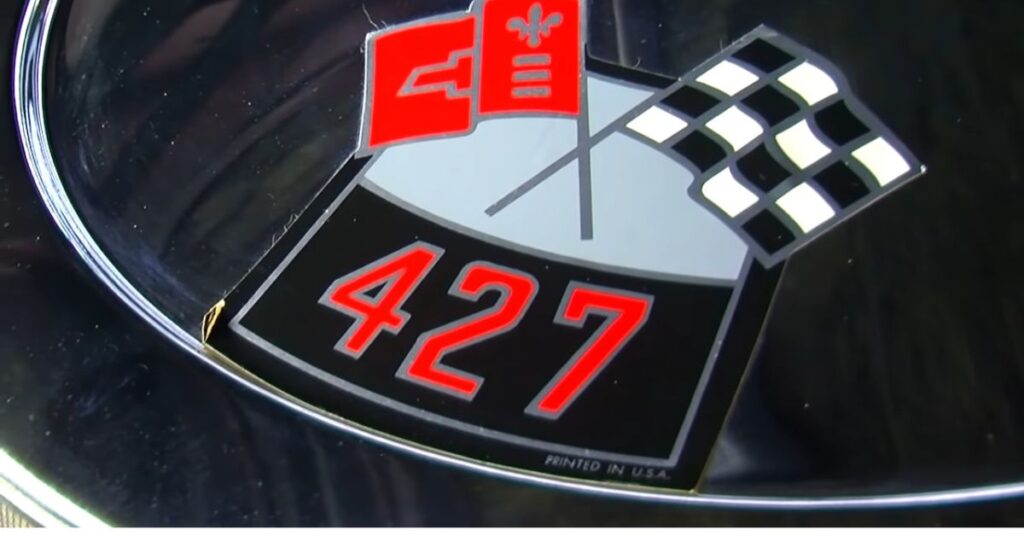
Interior
The interior of the 1969 Yenko Chevelle 427 perfectly balances simplicity and functionality, emphasizing its performance-oriented nature. While it may lack extravagant features, the interior is purposeful and designed to enhance the driving experience.
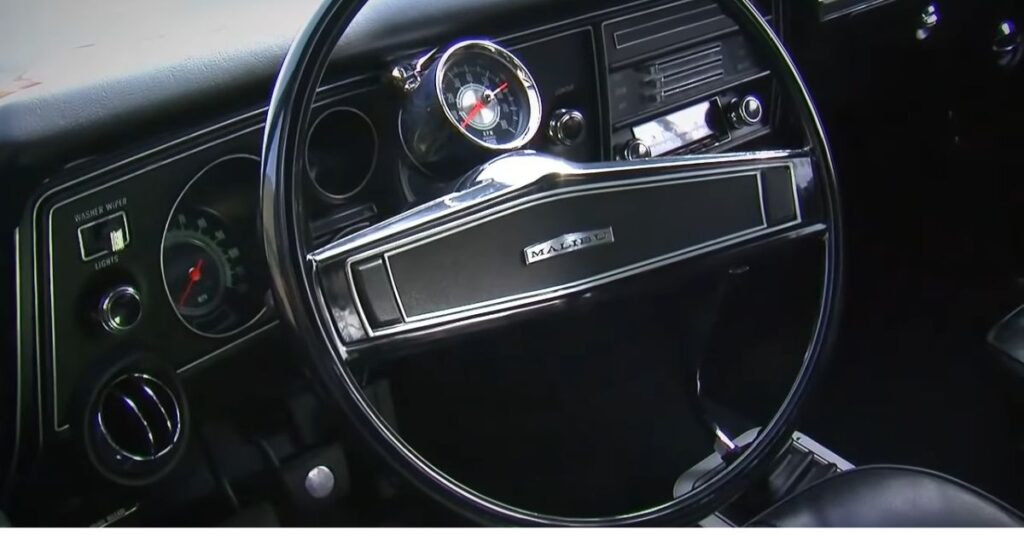
Upon entering the cabin, you’ll notice the no-frills approach that aligns with the car’s racing heritage. The standard interior is reminiscent of the base Malibu model, featuring a straightforward design with minimal adornments. The focus here is on the essentials: a driver-centric layout and controls that are easily accessible.
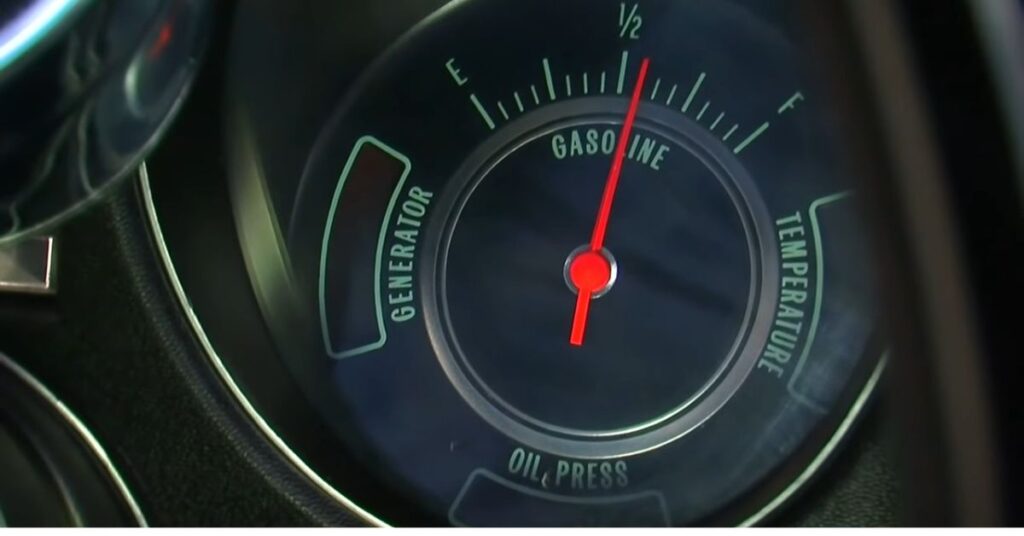
The Yenko Chevelle 427 was available in both bench seat and bucket seat configurations. The majority of these models were equipped with 4-speed manual transmissions, while a smaller number came with automatic transmissions. This particular Yenko Chevelle features bucket seats paired with the four-speed manual transmission, adding a touch of sportiness to the overall driving experience.
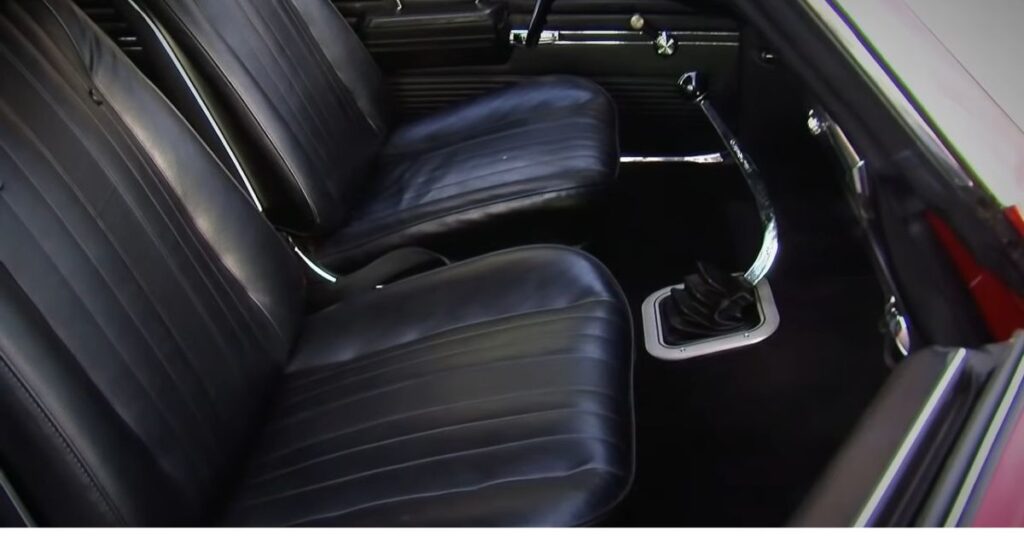
While the seats provide adequate comfort and support, the interior materials are modest, showcasing a purposeful and no-nonsense approach. The emphasis is on weight reduction and driver engagement rather than luxurious appointments. You won’t find power steering, air conditioning, or power windows in this race-oriented machine. Instead, the focus is on maximizing performance and minimizing unnecessary weight.
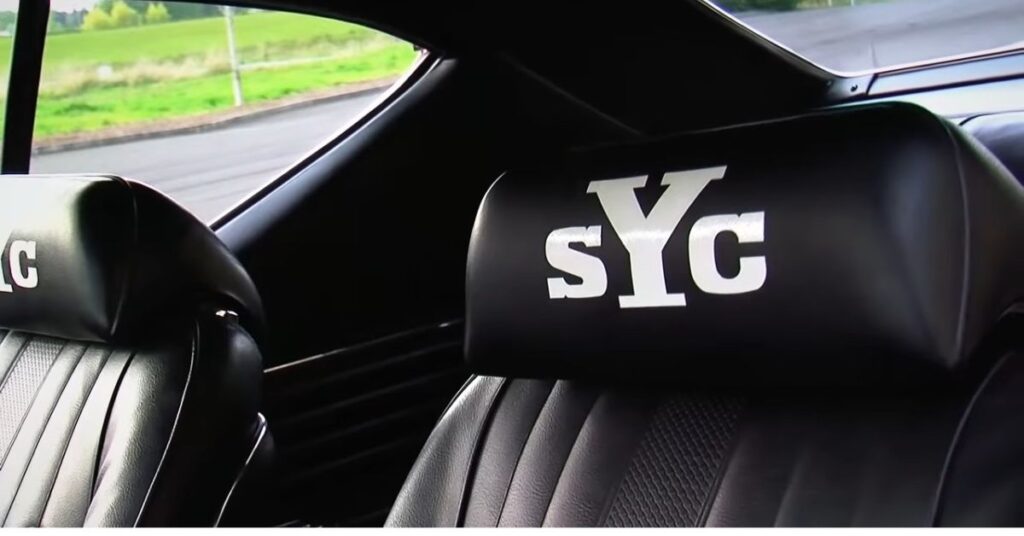
The interior of the 1969 Yenko Chevelle 427 strikes a balance between simplicity and functionality. The steering wheel, adorned with either the Malibu nameplate or a Chevrolet bow-tie emblem, boasts a straightforward yet practical design. Without power steering, the driving experience becomes more genuine, allowing drivers to intimately feel the road and maintain better control over the car’s movements. While the interior retains race-inspired elements such as the Yenko logo on the headrests, it remains true to its COPO Chevelle origins with minimal enhancements beyond what is essential for racing. Despite its lack of luxurious amenities, the purposeful and driver-focused layout perfectly complements the car’s exterior design and high-performance capabilities. Stepping into the 1969 Yenko Chevelle 427 immerses you in its racing heritage, creating an immediate connection to its raw power and authentic driving experience.
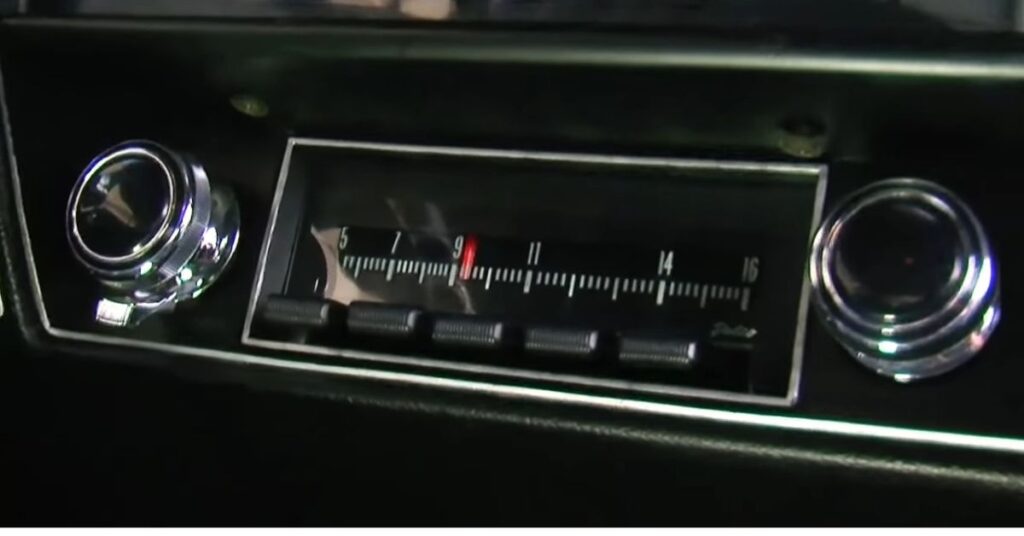
Legacy and Influence
The 1969 Yenko Chevelle holds a special place in the pantheon of muscle cars. Serving as the final chapter in the COPO and Yenko Chevelle program, it marked the end of an era. The subsequent 1970 Chevelle SS models introduced more powerful engines, such as the 454, as standard options, overshadowing the Yenko Chevelle’s performance figures.
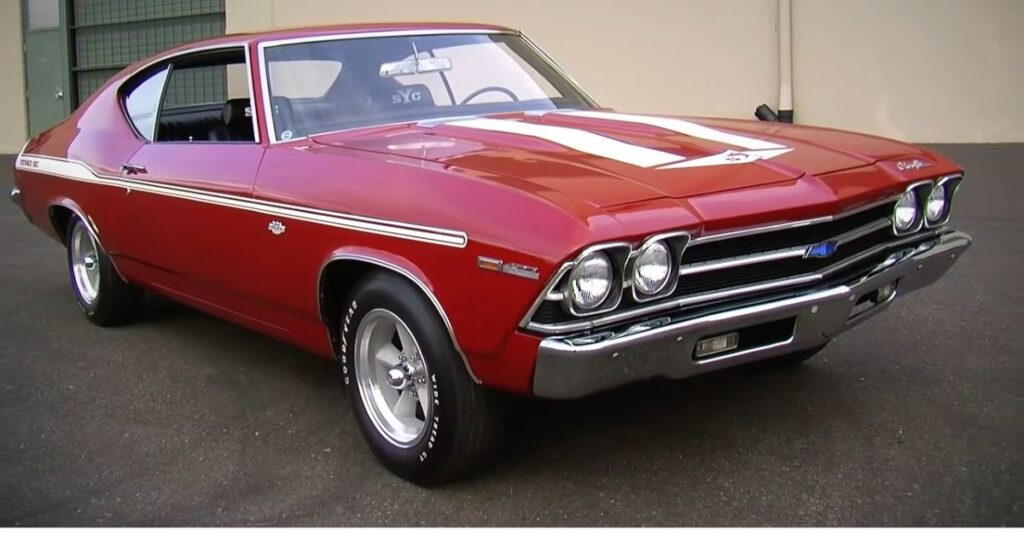
However, the influence and enduring reputation of the Yenko Chevelle continue to resonate in the hearts of muscle car enthusiasts. Its rarity, unique design elements, and incredible power make it an object of admiration and fascination. The Yenko Chevelle played a significant role in shaping the muscle car culture of its time, leaving an indelible mark on automotive history.
Appreciating the Yenko Chevelle
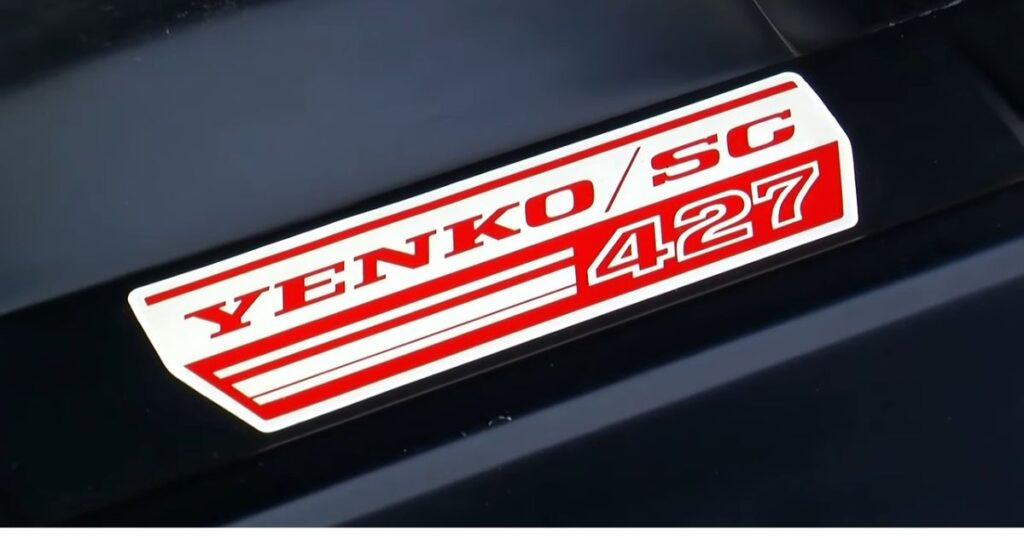
It’s hard not to be mesmerized by the 1969 Yenko Chevelle. Every detail of this remarkable car demands attention and admiration. From the striking exterior design to the powerful 427 engine, it embodies the spirit of American muscle cars. To fully appreciate its allure, visit our website, where you’ll find captivating images and more information about this extraordinary vehicle.
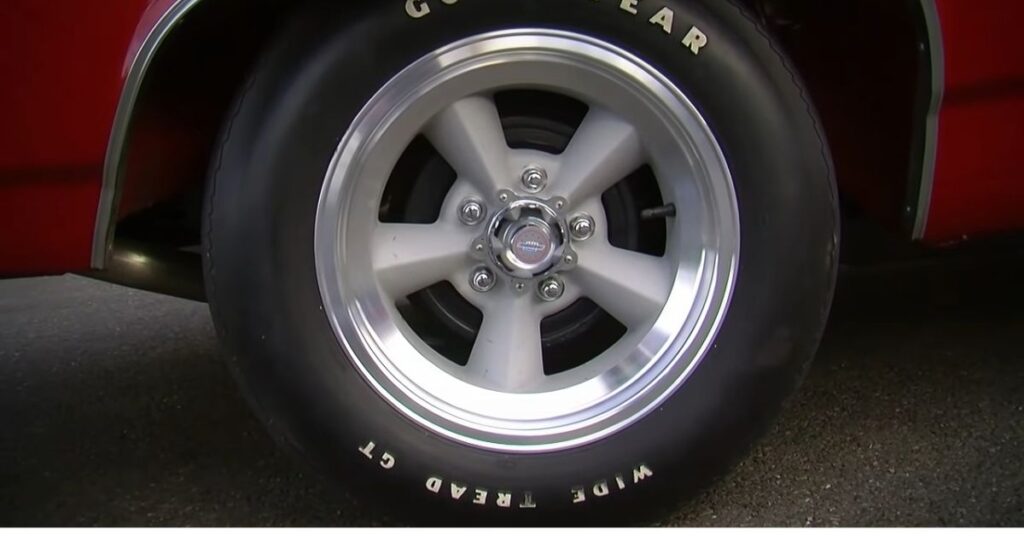
Conclusion
In conclusion, the 1969 Chevelle Yenko 427 is a testament to the golden era of American muscle cars. Its transformation from a COPO Chevelle into a Yenko supercar represents the pinnacle of high-performance automotive engineering. With its iconic design, formidable powertrain, and rarity, the Yenko Chevelle continues to be a symbol of excellence and a cherished piece of automotive history. Explore the legacy of this incredible car, and embrace the allure of pure muscle.

